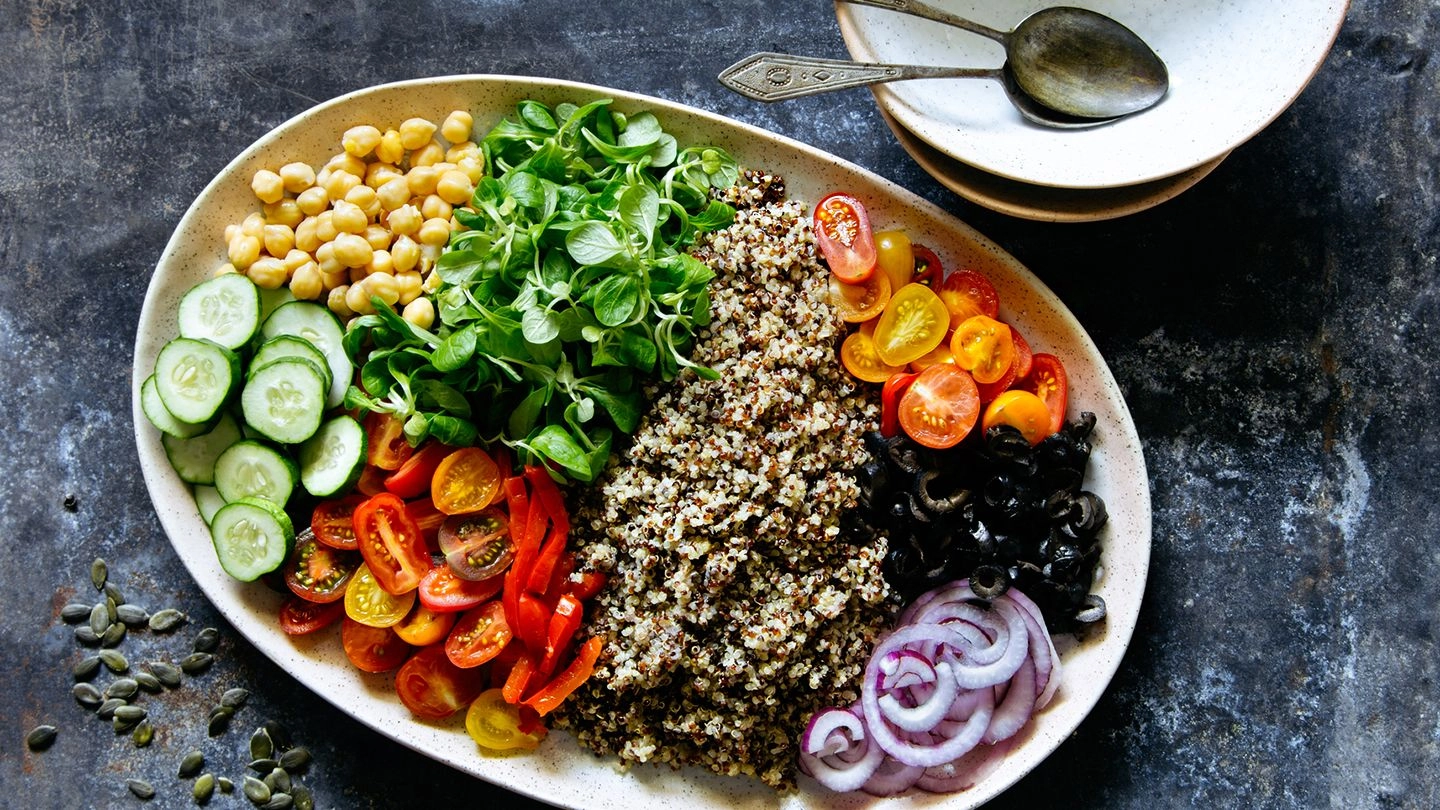Meal Planning and Preparation Tips

Planning and preparing meals in advance can make it easier to stick to a healthy eating plan and achieve your weight loss goals.
In the journey towards weight loss and improved health, meal planning and preparation emerge as powerful tools that can set you up for success. By taking the time to plan and prepare nutritious meals in advance, you can avoid impulsive food choices, manage portion sizes, and ensure that you have healthy options readily available when hunger strikes. In this article, we'll explore the importance of meal planning and preparation for weight loss, and provide practical tips to help you streamline your meal prep process and achieve your health and fitness goals.
The Benefits of Meal Planning and Preparation
Meal planning and preparation offer numerous benefits for weight loss and overall well-being:
- Portion Control: Planning meals in advance allows you to control portion sizes and avoid overeating. By pre-portioning meals and snacks, you can ensure that you're consuming the appropriate amount of calories to support your weight loss goals.
- Nutrient-Dense Choices: When you plan your meals ahead of time, you have the opportunity to incorporate a variety of nutrient-dense foods, including fruits, vegetables, lean proteins, and whole grains. This ensures that you're providing your body with the essential nutrients it needs for optimal health and energy.
- Time and Money Savings: Meal planning and preparation can save you time and money in the long run by reducing the need for frequent trips to the grocery store and minimizing food waste. By cooking in bulk and repurposing leftovers, you can maximize the value of your ingredients and minimize expenses.
- Avoiding Impulse Eating: Having meals and snacks prepared in advance reduces the likelihood of succumbing to impulsive food choices, such as ordering takeout or grabbing unhealthy convenience foods. This helps you stay on track with your dietary goals and resist temptations that may derail your progress.
Practical Tips for Meal Planning and Preparation
To make meal planning and preparation a seamless part of your routine, consider implementing the following strategies:
- Set Aside Time for Planning: Dedicate a specific time each week to plan your meals for the upcoming days. This could be done on a Sunday afternoon or any other convenient time that works for you. Use a meal planning template or app to organize your meals, including breakfast, lunch, dinner, and snacks.
- Create a Balanced Menu: Aim to include a variety of food groups in your meals to ensure balanced nutrition. Incorporate lean proteins, whole grains, plenty of vegetables, and healthy fats into your menu. Experiment with new recipes and flavors to keep meals exciting and enjoyable.
- Make a Grocery List: Once you've planned your meals, make a shopping list of the ingredients you'll need. Stick to your list while shopping to avoid impulse purchases and unnecessary spending. Consider using grocery delivery or pickup services to save time and minimize stress.
- Prep Ingredients in Advance: Spend some time prepping ingredients ahead of time to streamline the cooking process during the week. Wash and chop vegetables, marinate proteins, and portion out snacks so that they're ready to go when you need them.
- Cook in Batch: Consider batch cooking large quantities of staple foods such as grains, proteins, and sauces on a designated cooking day. Divide cooked items into portioned containers and store them in the refrigerator or freezer for quick and easy meals throughout the week.
- Embrace Convenience Foods Wisely: While fresh, whole foods are ideal, it's okay to incorporate some convenience items into your meal plan to save time. Look for pre-cut vegetables, pre-cooked grains, or canned beans and fish with no added salt or preservatives.
- Stay Flexible: Remember that meal planning is a tool to help you stay organized and on track with your goals, but it's okay to be flexible and adjust your plan as needed. Listen to your body's hunger and fullness cues, and be open to making substitutions or changes based on your preferences and schedule.
Meal planning and preparation are invaluable strategies for achieving weight loss success and maintaining a healthy lifestyle. By taking the time to plan balanced meals, shop for nutritious ingredients, and prepare meals in advance, you can set yourself up for long-term success in reaching your health and fitness goals. Whether you're a seasoned meal prep pro or just starting out, implementing these practical tips can help you streamline your meal prep process and make healthy eating a sustainable and enjoyable part of your lifestyle.






